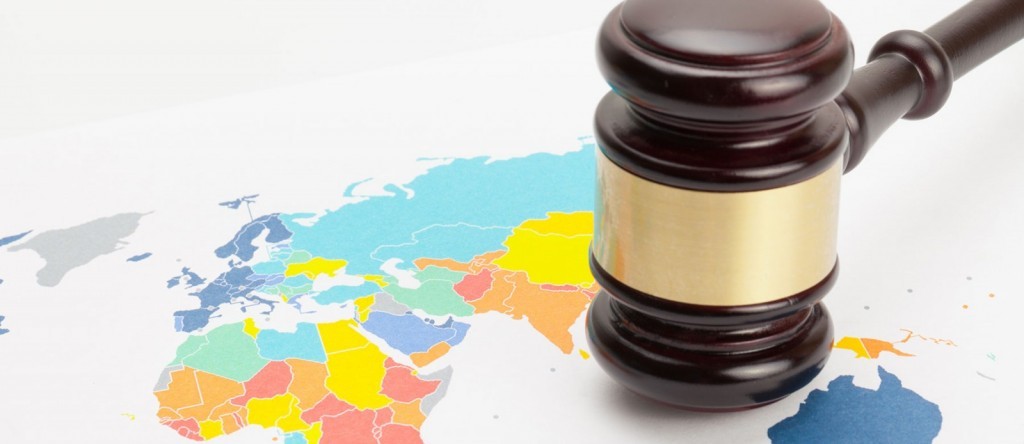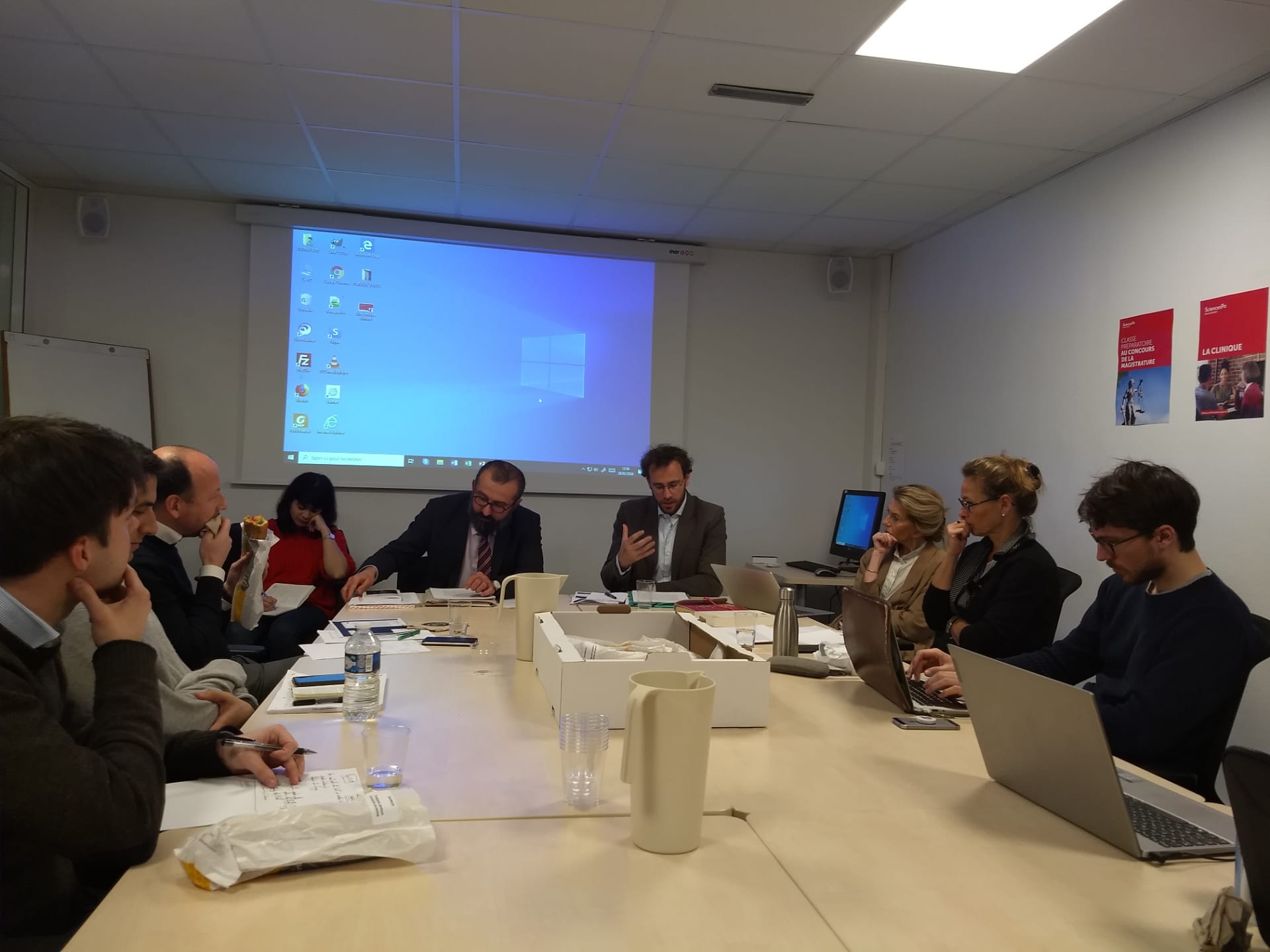
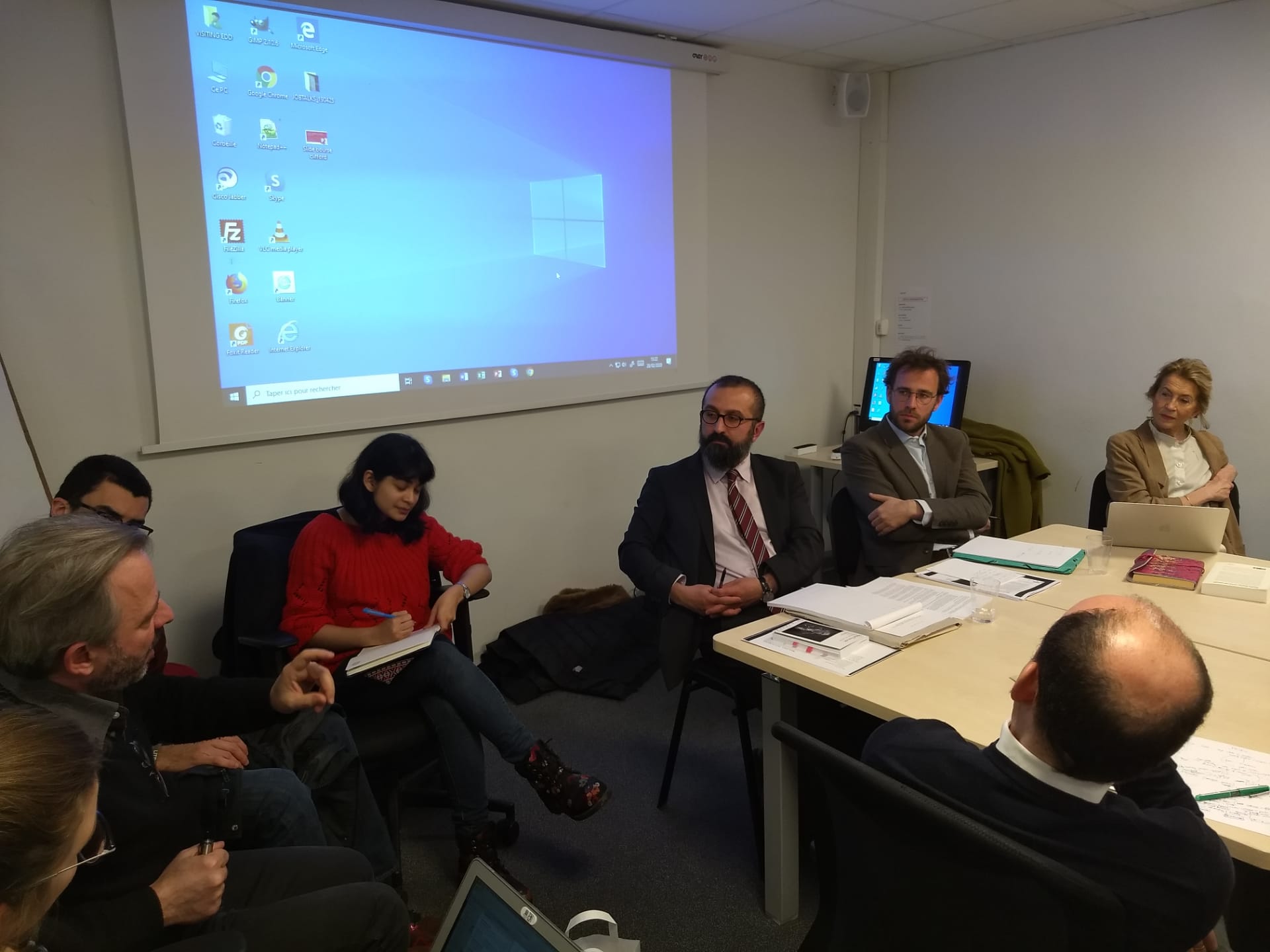
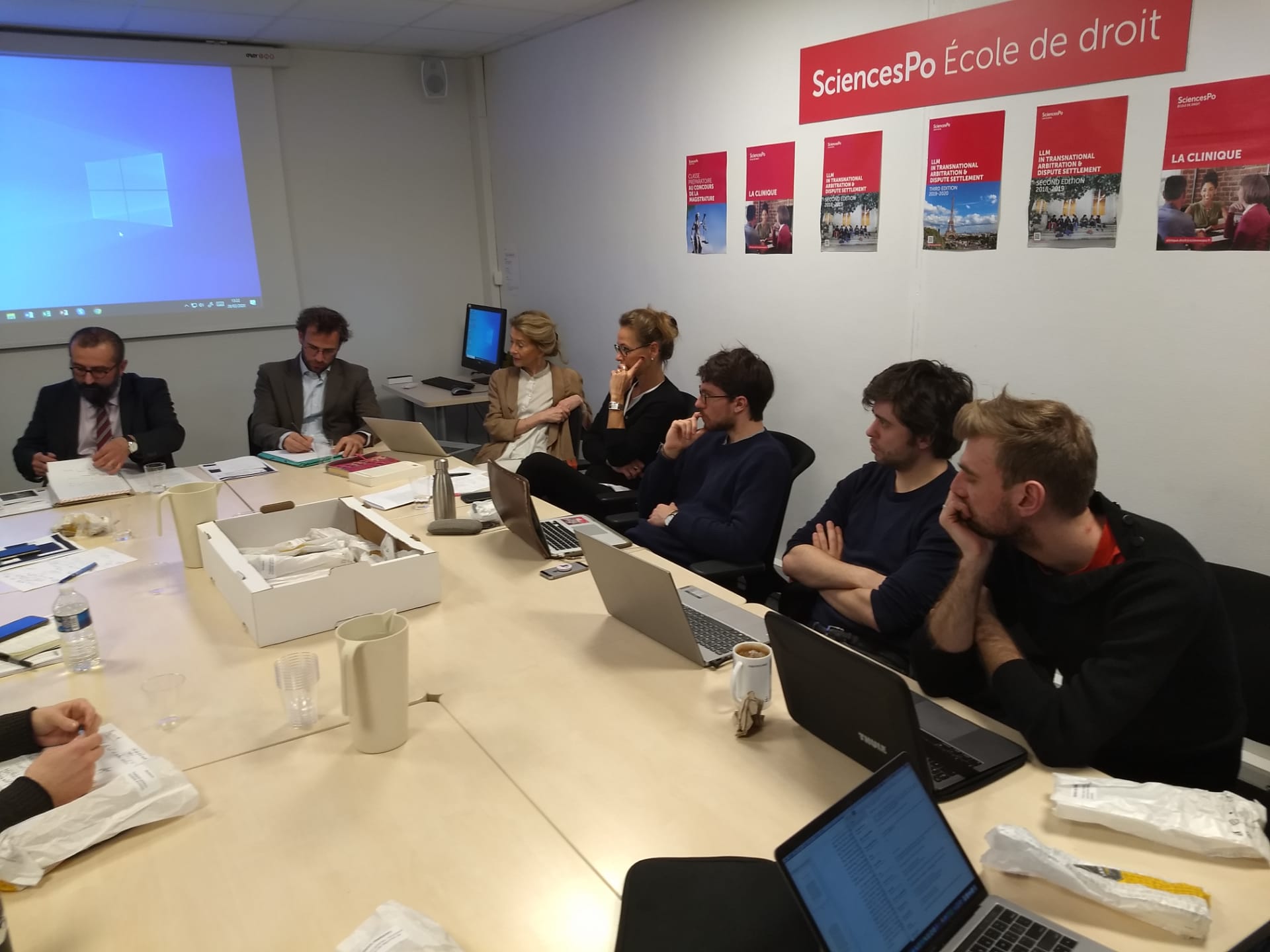
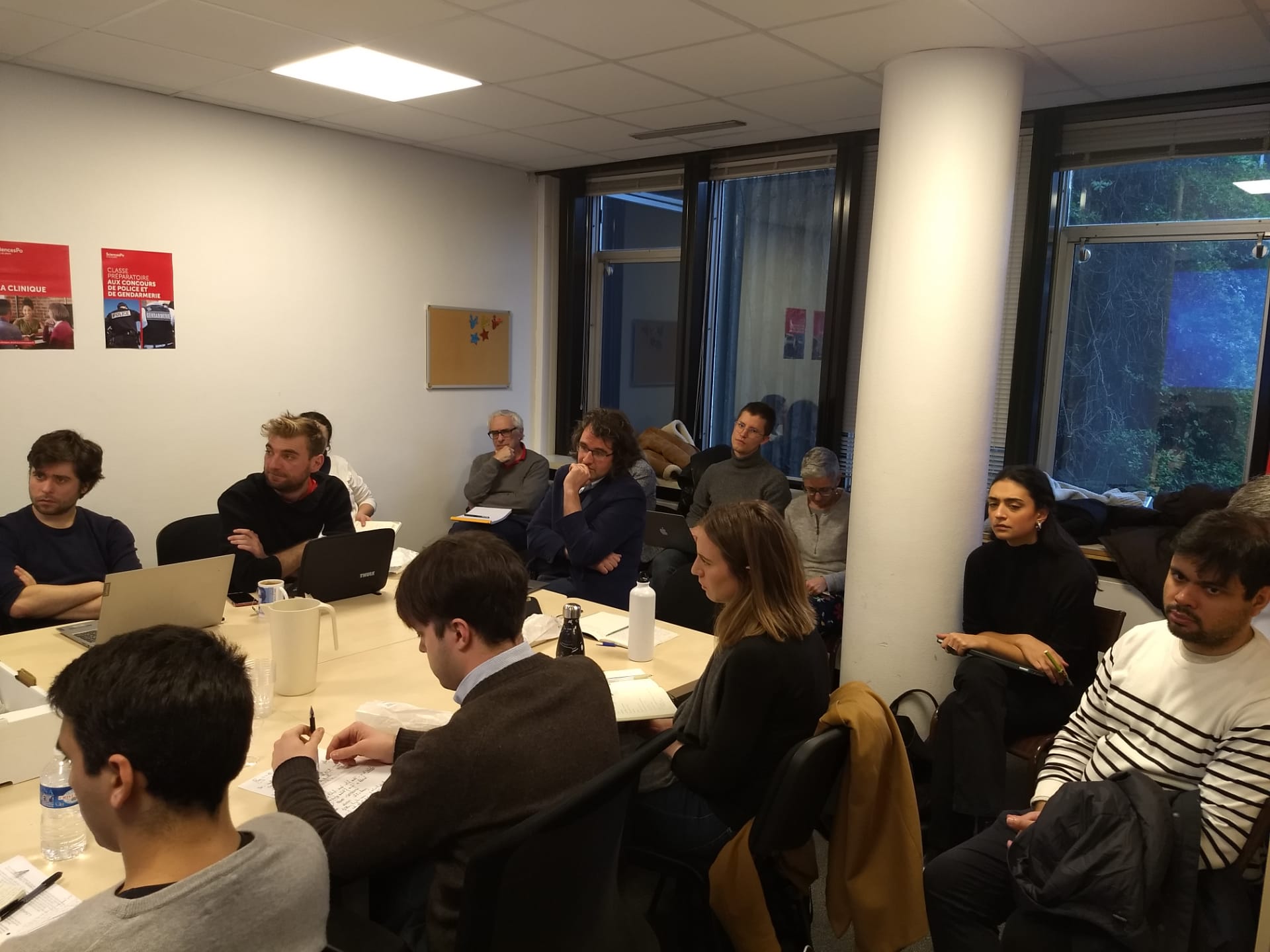 Fuad Zarbiyev and Vincent Rèveillère
Fuad Zarbiyev and Vincent Rèveillère
28 February 2020/ 12.30-14.30
Abstract from Professor Fuad Zarbiyev:
Roland Barthes famously described the “impotence to imagine the Other” as a defining feature of petit-bourgeois mythology. It would not be a stretch to say that every scholarly tradition, including legal scholarship suffers from the same impotence. What does this entail for the legal self? A relatively conventional thinking in this regard goes like this: as “a thought collective” or a community formed around “paradigms”, the legal community simultaneously en
ables its members to think like a lawyer and delimits the boundaries of the thinkable. We have learned from Derrida that no language is a subject’s own language. If law is a language, the legal self as a thinking subject is inscribed in that language, is brought into being or interpellated into subjecthood by that language. The limits of her language being the limits of her world (Ludwig Wittgenstein), the legal self cannot think outside the boundaries of the legal language.
Such an account is necessarily incomplete because it would mean that legal scholarship is hermetically closed to alterity. If that were to be the case, how could we account for the fact that despite all its powers, the legal tradition cannot always resist alternative approaches to law? This talk explores the concept of parrhesia discussed in Michel Foucault’s late works as one possible response. Defined as truth-telling that involves a risk for the truth-teller, parrhesia reflects a particular ethical stance towards truthfulness. My argument is that by acting as a parrhesiaste, a legal scholar can operate as a founder of a new discursivity and broaden the field of sayable, ultimately overcoming the tradition’s resistance. How such a thing happens in practice and what are its conditions of success is hard to conceptualize in the form of a formulaic theory, but my claim is that the very possibility of parrhesia constitutes a powerful threat to the tradition as an engine of change.
Abstract from Vincent Réveillère:
Drawing on works in pragmatic philosophy and anthropology, I propose to focus on the conceptual practices of legal actors. Legal concepts are not mere tools, totally under control, used to achieve certain ends defined in other terms, outside the law. They are far more intriguing and fascinating than that. They enable and limit what participants to a language-game can do, and they can even influence what they may want to do. Legal controversies, like every conceptual practice, occur in a certain grammar, which both enables and constrains legal actors, and which differs from one forum to another. I will examine what this implies for legal actors who have to argue in different intellectual contexts and focus on conceptual translation.
Room 410T – Meeting Room
Sciences Po Law School, 13 rue de l’université, 75007 Paris
Suggested Readings (Professor Zarbiyev)
- MICHEL FOUCAULT THE COURAGE OF TRUTH
- MICHEL FOUCAULT DISCOURS ET VERITE
- PIERRE BOURDIEU SCIENTIFIC FIELD
- DAVID KENNEDY MY TALK AT THE ASIL
Suggested Reading (Vincent Réveillère)
